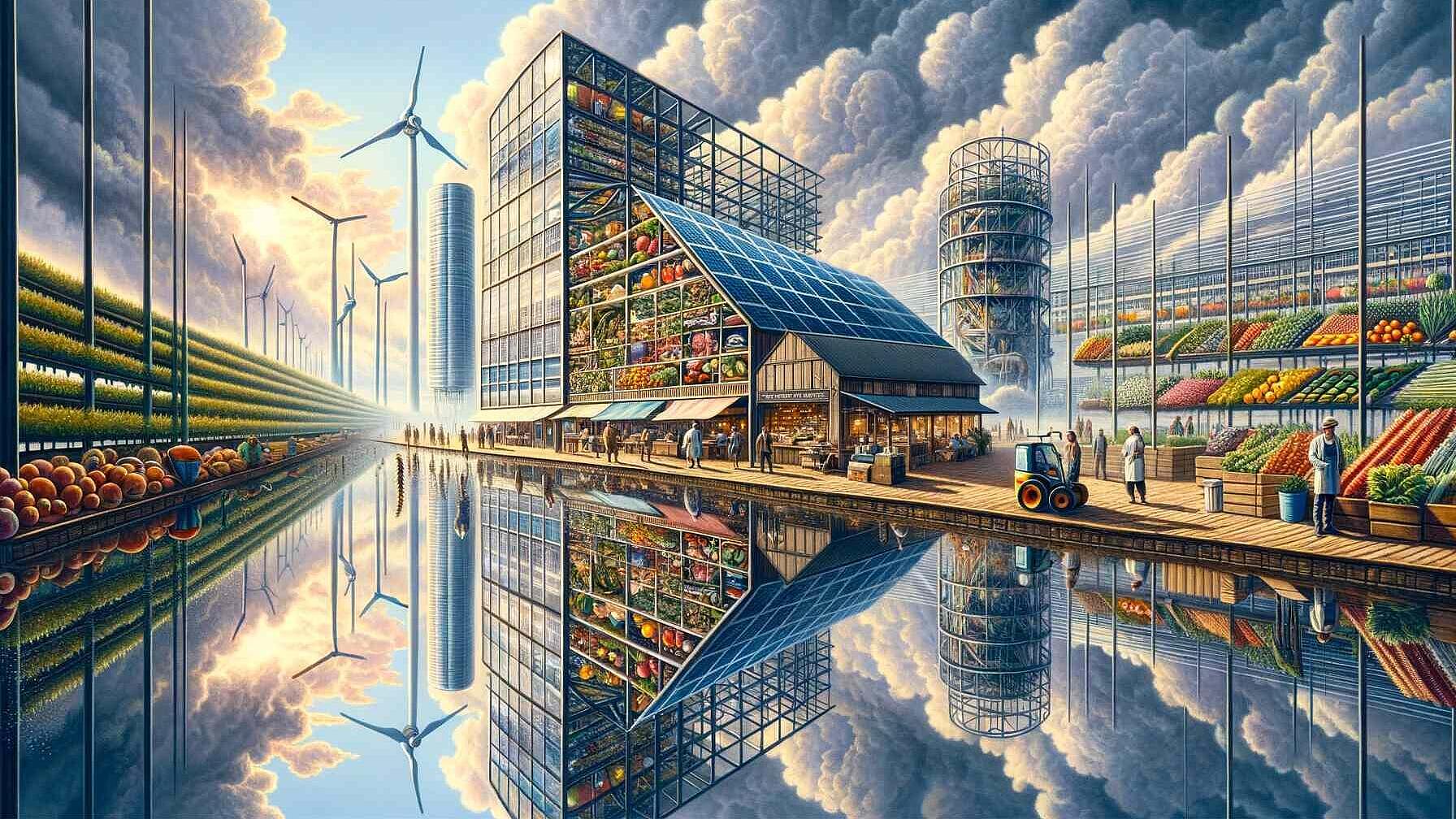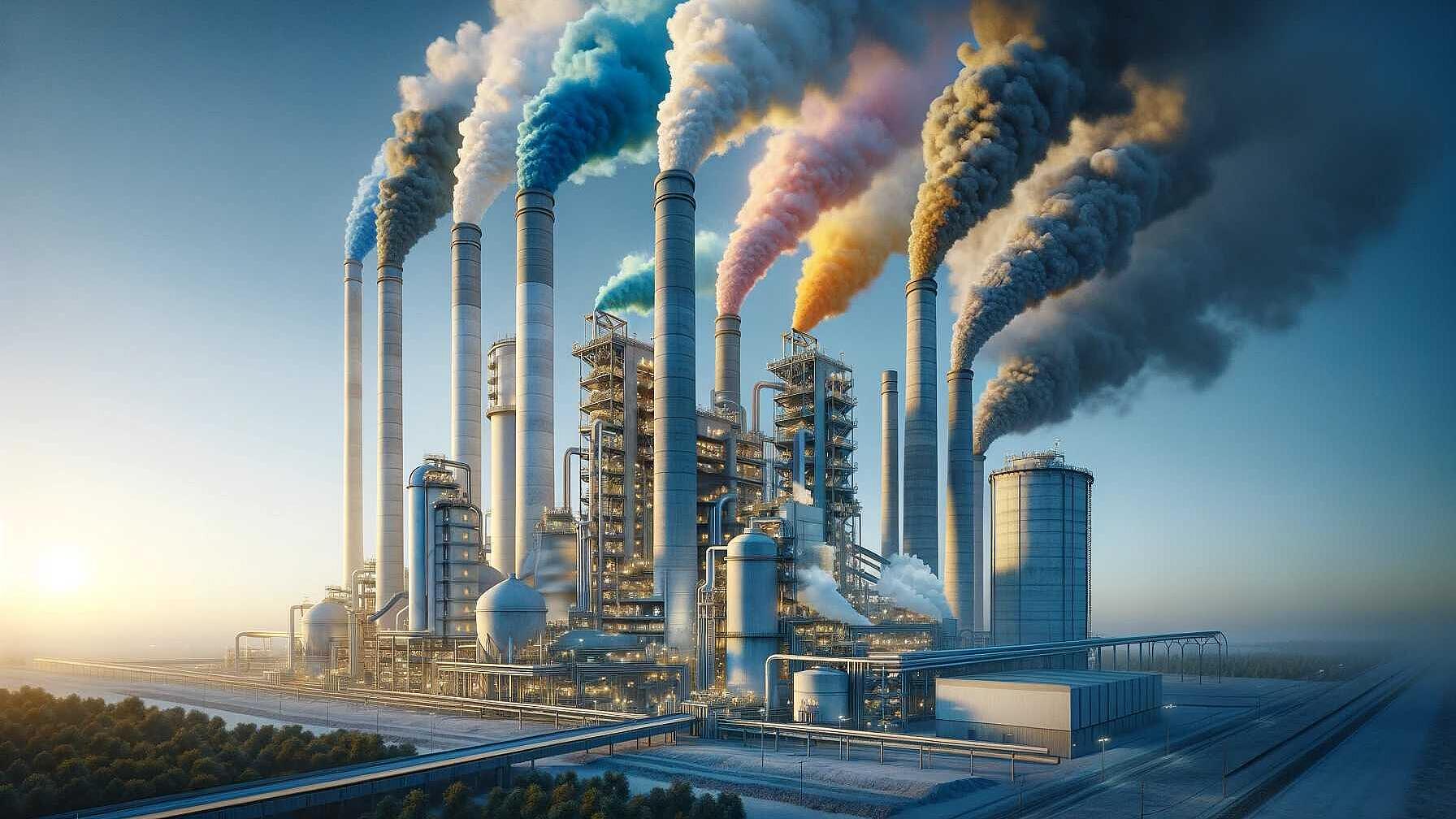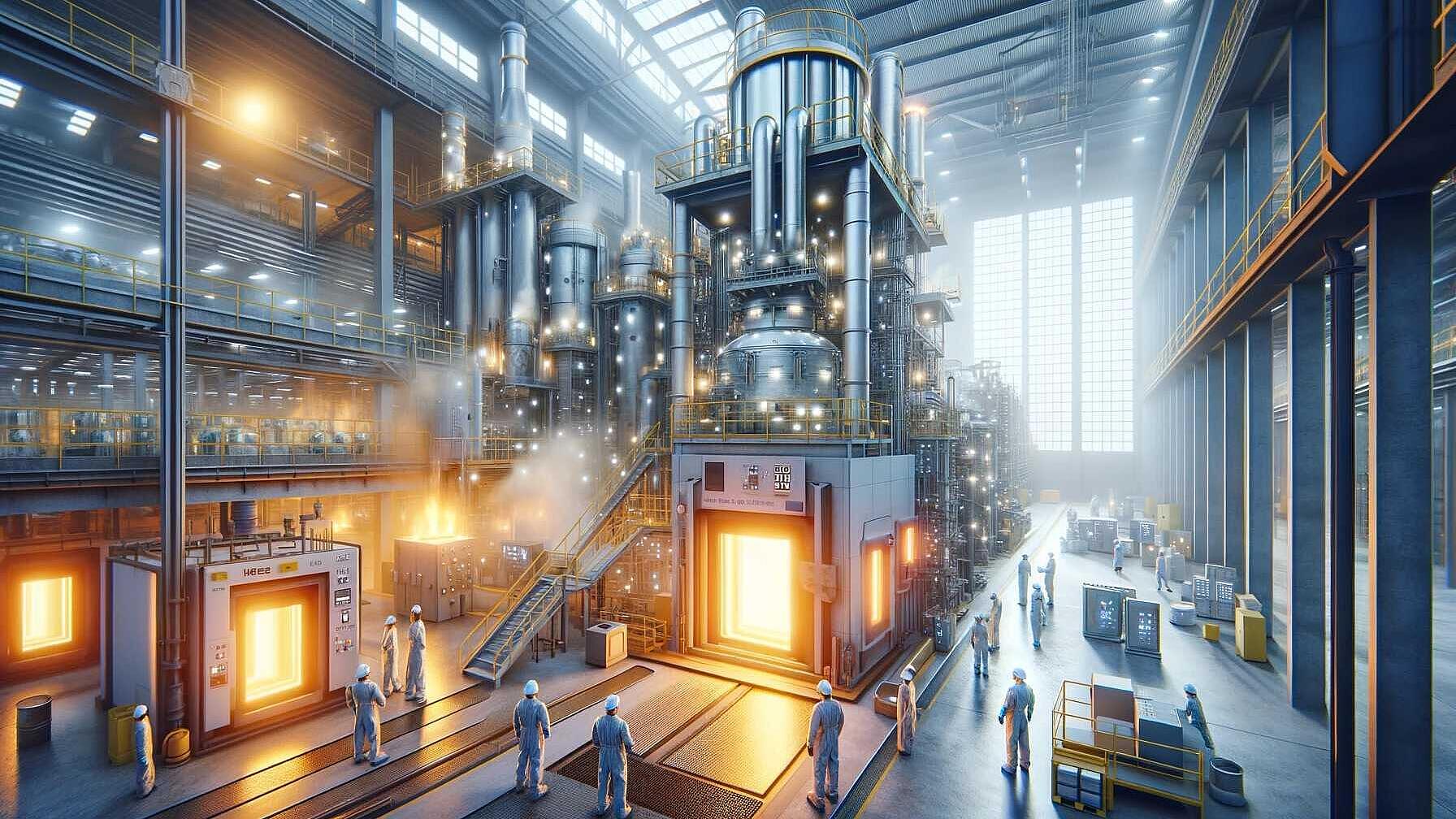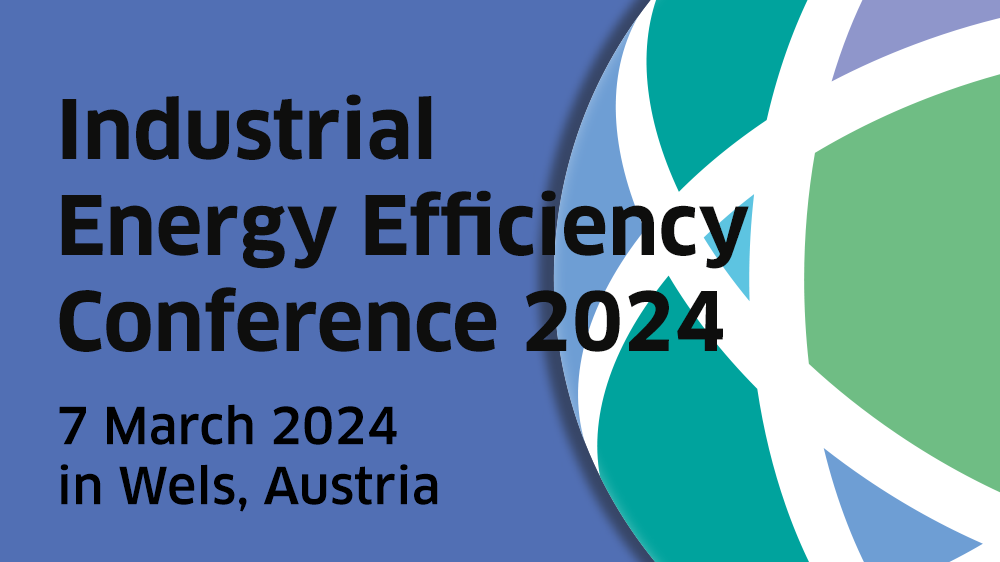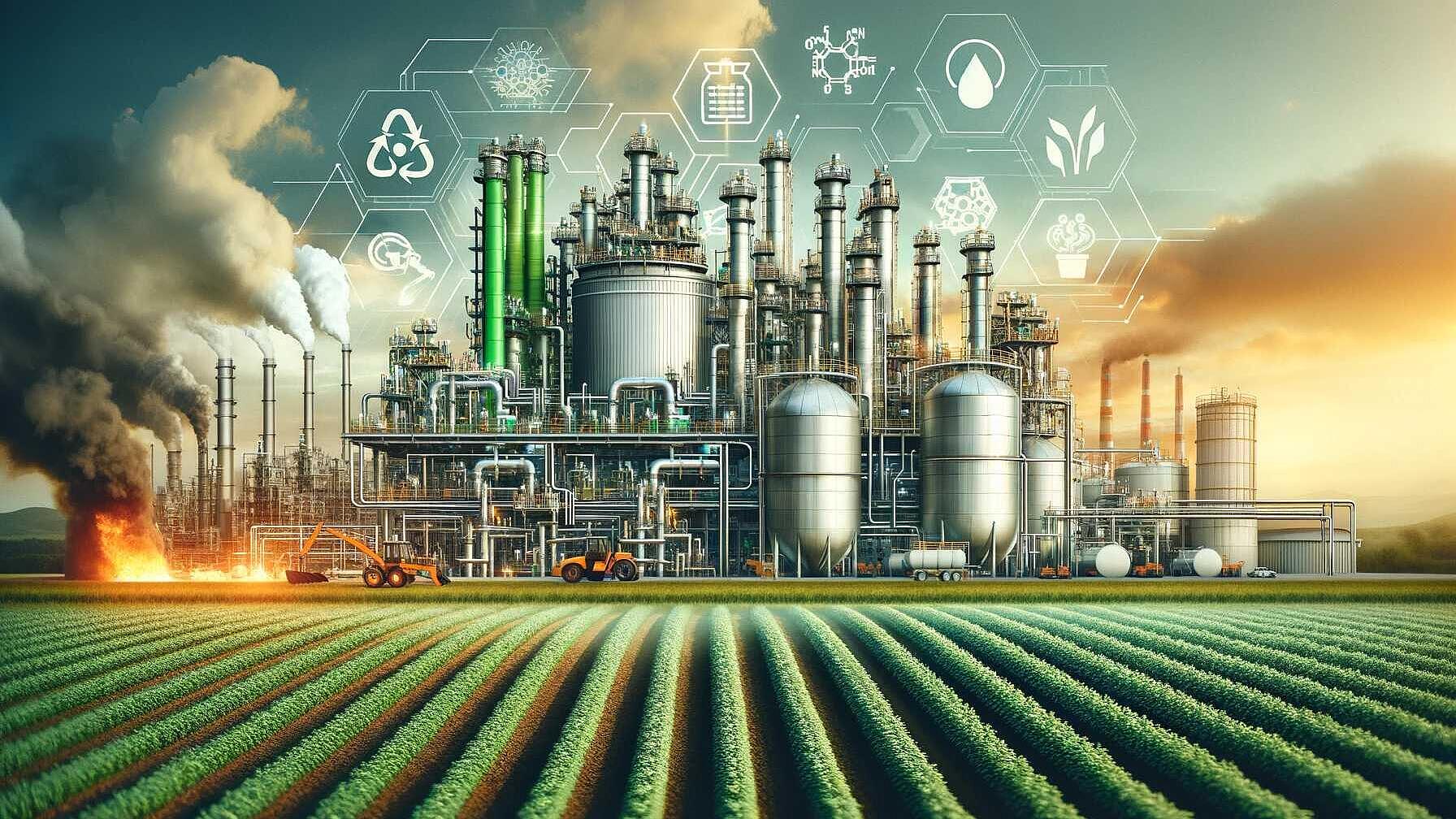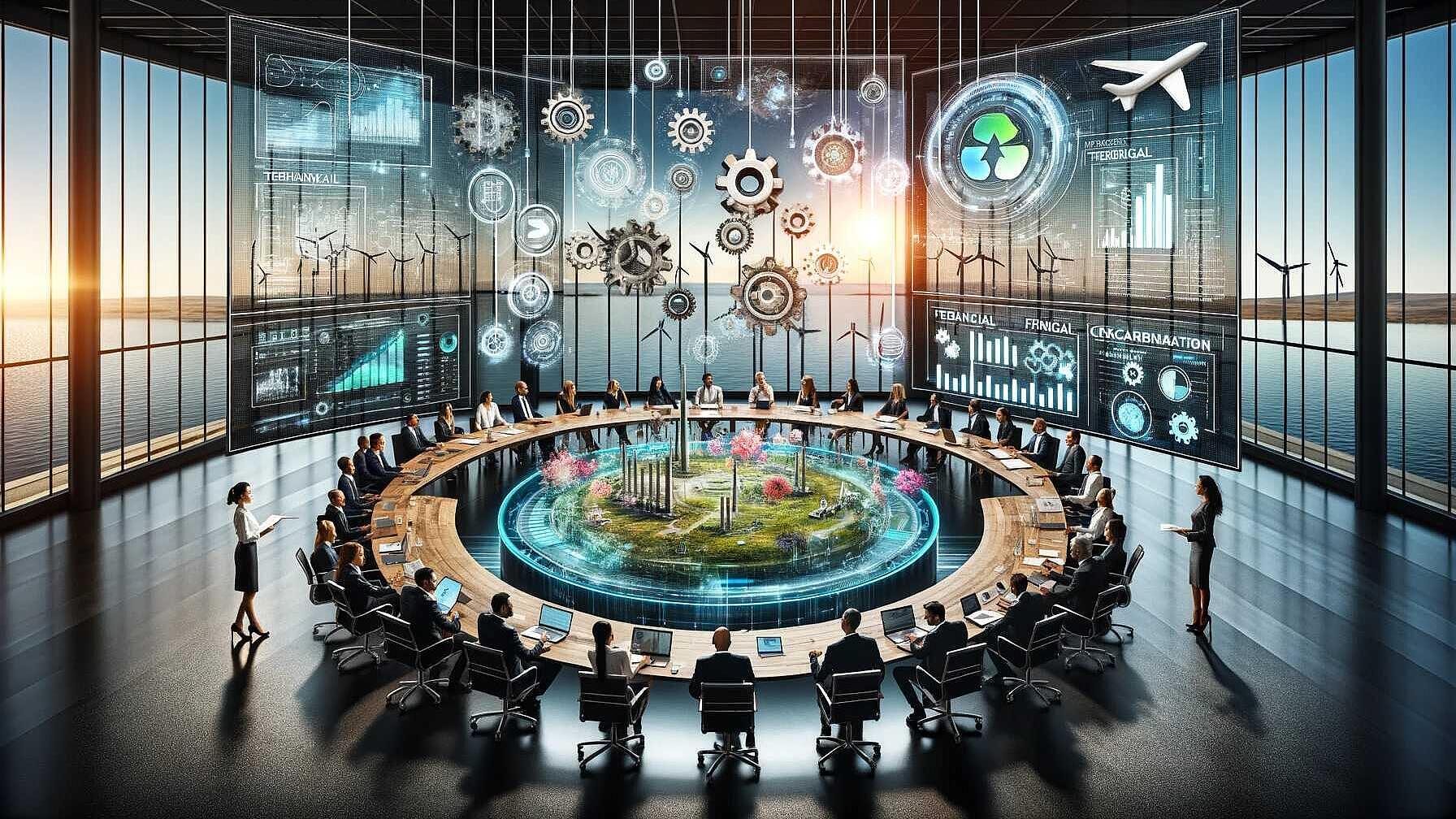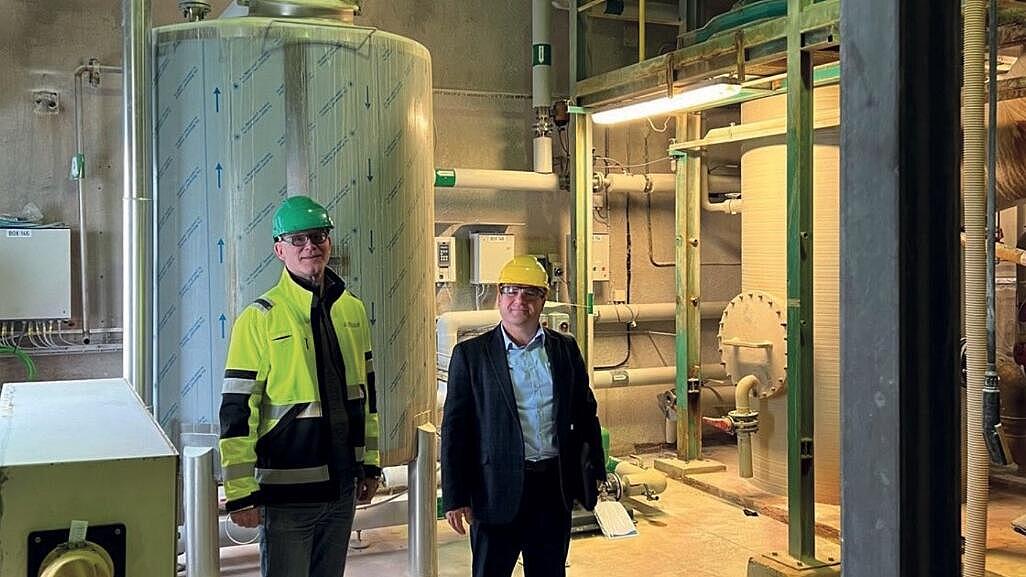 Energy Efficiency
Energy EfficiencyEnergy Efficiency
The paper highlights the significant energy consumption of the European Union's food sector, which comprised 17% of the EU's total gross energy consumption and 26% of its final energy use in 2013. Agricultural activities, including crop cultivation and animal rearing, represent the largest energy demand within the food sector. Food waste is identified as an area with considerable potential for energy efficiency improvements, particularly through bioenergy production. The paper reports that renewable energy use in the EU food system is low, with only 7% of food production and consumption energy coming from renewables, compared to the broader economy's 15%, while fossil fuels account for 79% of the food sector's energy. However, on-farm renewable energy production, especially biogas, is increasing and contributes to energy self-sufficiency as well as greenhouse gas (GHG) emission reductions. Advances in energy efficiency are noted, with a decrease in food sector energy consumption from 2005-2013, despite higher output. Innovations in recovering energy from food residues, as well as improvements in transportation and packaging, have been beneficial. Consumer behavior also has a significant impact on the food sector's energy footprint, influenced by dietary choices and efforts to reduce food waste. Lastly, the paper reviews EU and member states' policies and initiatives aimed at improving energy efficiency and increasing renewable energy in the food sector. An integrated approach is recommended to address the complexities of energy consumption in food production and its environmental impact.
Read Full articleEmissions Impacts of Alternative Fuels Combustion in the Cement Industry
The study analyzes alternative fuel impacts on U.S. cement industry emissions, finding marginal CO2 reductions and variable non-CO2 pollutant changes. Fuel types examined include waste and biomass, with a focus on CO2, SO2, NOx, and PM emissions across different replacement scenarios.
Read Full articleeLITHE project ignites the future of Sustainable Ceramic Industry decarbonization
The eLITHE project, funded by the EU and coordinated by Spain's Fundación CIRCE, aims to decarbonize the ceramic industry by electrifying high-temperature thermal processes. Running until 2027, with demonstrations in Spain, Greece, and Germany, it employs innovative heating solutions and digital technologies.
Read Full articleWSED 2024: Energy Efficiency now – fast, smart, resilient!
The European Energy Efficiency Conference in Wels, Austria, from 6-7 March 2024, emphasizes urgent implementation of energy efficiency measures in response to fluctuating prices, geopolitical instability, and climate crisis. It addresses new EU targets, energy efficiency market demands, and showcases the EENOVA and DEESME EU projects. Over 60 speakers will cover policies, markets, financing, e-mobility, and industrial decarbonization. The event includes a tradeshow and opportunities for peer exchange and networking.
Read Full articleRevolutionizing Ammonia: The Quest for Sustainability and Efficiency in Fertilizer Production
The article discusses the environmental impact and need for innovation in the Haber-Bosch process for ammonia production. It explores greener alternatives, including the use of renewable energy and nitrogen-fixing enzymes, and the development of flexible reactors and advanced electrocatalysis methods for sustainable synthesis.
Read Full articleGetting to grips with the complexities of industrial decarbonisation using soft systems
The article discusses the application of the soft systems model to industrial decarbonisation, emphasizing 'contextual evaluation'. This approach examines how decarbonisation measures align with an organization's broader policies and strategies. It involves assessing technical, financial, and contextual aspects to generate new ideas and requires thinking beyond conventional energy management boundaries.
Read Full articleWater & energy reuse: from waste to resource
Alufluor collaborated with the EU's iWAYS project to optimize resource recovery, focusing on reducing emissions and recycling. The initiative introduced technologies to conserve water and energy. The partnership aims to enhance sustainability in European industries without compromising economic progress.
Read Full articleKey findings on digitalisation technologies to increase energy efficiency in electric motor driven systems
Worldwide, electric motor systems consume about 10,700 TWh annually worldwide and were responsible for 53% of the global electric energy consumption in 2016. This corresponds to approximately the combined electricity consumption of China. Digitalization technologies for electric motor driven systems will have a significant impact on the motor systems industry, offering vast potential for improvements in performance, efficiency, and cost.
Read Full articleEnergy efficient industrial pump systems: market potential, success factors and financing options
The market for energy efficient pump systems in industry is expected to reach $16.3 billion by 2025. The market is highly competitive, with a number of companies offering a wide range of products and services.
Read Full articleAll you need to know about advanced high temperature heating technologies for industry
In the EU alone, more than 70% of heating and cooling is generated from fossil fuels. In principle, industry can rather easily decarbonize their electricity consumption, just buy green electricity. The real challenge is how to decarbonise industrial heat.
Read Full article